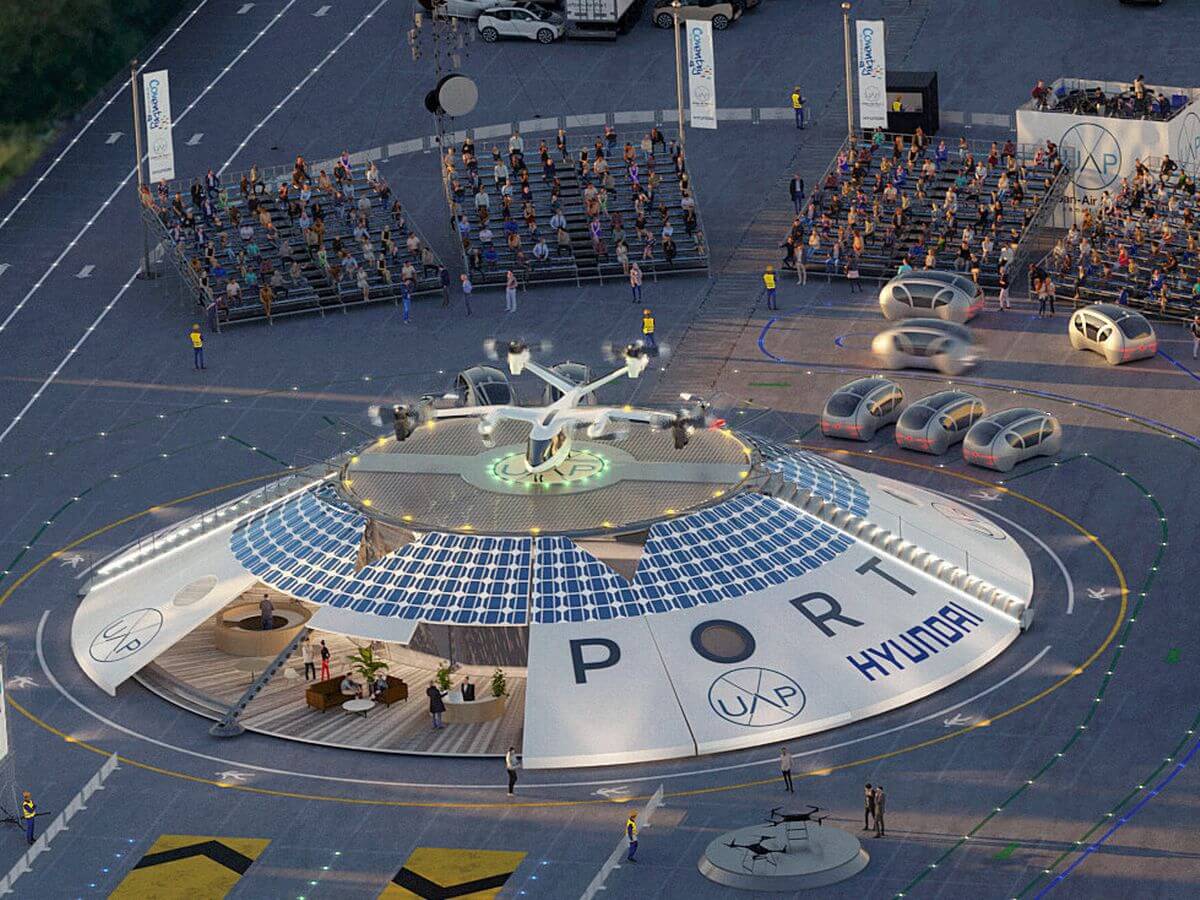
Coventry to Host World’s First ‘Air Hub’ For Flying Cars and Delivery Drones
Coventry will be the host of the world’s first ‘air hub’ for electric flying cars, taxis and delivery drones.
The city is the home of car-building in the UK but it now wants to be home to the Air One facility, attracting futuristic electric Vertical Take-Off and Landing (eVTOL) vehicles to the country.
The hub will be built through a partnership with South Korean car-maker Hyundai, with the autonomous vehicles to be used to transport people and goods across and between cities.
The site, being developed by the company Urban Air Port, is set to be unveiled later this year during the Coventry City of Culture celebrations.
A live showcase later this year will demonstrate the uses of the aircraft, including passenger air taxi services, autonomous logistics and disaster emergency management.
It comes after the project was awarded a £1.2 million government grant by the UK Research and Innovation’s Future Flight Challenge (RIFFC), and is expected to attract match-funding from the commercial sector.
Urban Air Port said it had picked Coventry because of its central location, meaning travellers could access most parts of the UK mainland within four hours, and because it was a “historic hub” for the automotive and aerospace sectors.
Jim O’Boyle, Coventry City Council cabinet member for jobs and innovation, said: “We are already a city that is helping to shape the future of electric transport and this is yet another ground-breaking project that puts Coventry at the forefront of new technologies.
“It highlights how the council is working alongside a range of organisations to help shape a better, greener future.”
The city was named the best town in mainland Britain for plugging in electric cars in December 2020, and has been mooted as one of the first potential locations in the country for a gig factory, building batteries for electric vehicles.
Developers are hoping the new hub will be the first of around 200 sites to be built in cities across the world over the next five years.
Hyundai is planning to develop its own eVTOL and hopes to commercialise flying cars by 2028.
Urban Air Port executive chairman, Ricky Sandhu, said just as “cars need roads”, “eVTOLs will need urban air ports” which are 60% smaller than heliports.
He added that the new hubs would “help the UK to take the lead in a whole new clean global economy”.
“Flying cars used to be a futuristic flight of fancy. Air One will bring clean urban air transport to the masses and unleash a new airborne world of zero-emission mobility,” he said.

